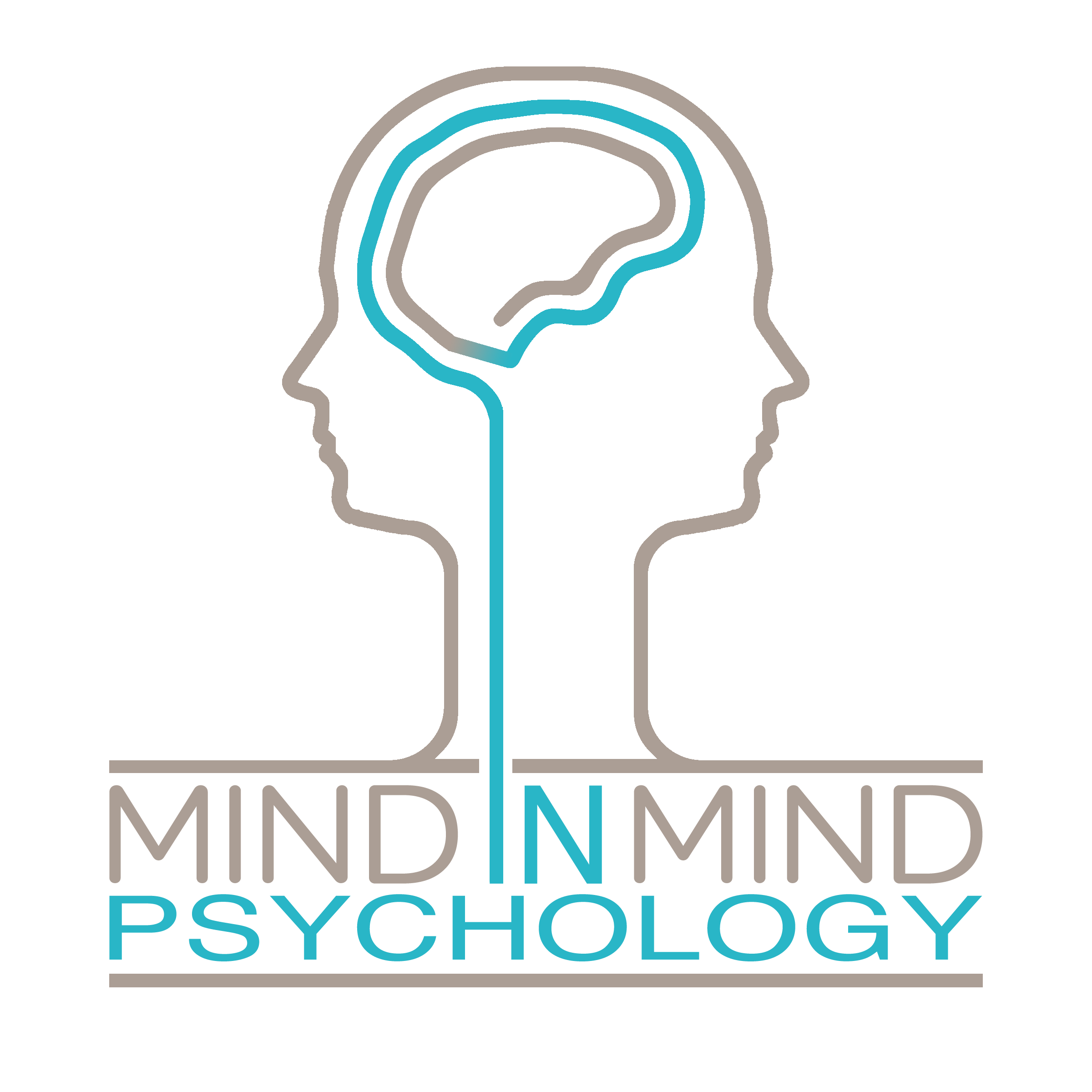Wellness Checklist
What’s the purpose of a wellness checklist?
This checklist can help to keep ‘in check’ with our psychological well-being. The aim is to help to notice early signs of distress and take action before the distress spirals and becomes more difficult to manage.
Here are some useful checkpoints to consider as potential early signs of distress. It helps to use this as a guide, and to come up with your own checklist based on patterns you notice in your own life.
1. Changes in the way we think (our self-talk)
Unhelpful thinking styles show up all the time, but we pay more attention to them if we are feeling tired, vulnerable or triggered by something. When we pay too much attention to unhelpful thoughts, they can affect our mood and our behaviours. It’s helpful to know your own patterns of unhelpful thinking to build self-awareness. Here are some questions to build awareness:
Ask yourself:
Am I dwelling too much on past or future problems?
Am I putting a negative slant on things or focusing just on difficulties and failures?
Am I blowing things out of proportion?
Am I making negative predictions about how things will work out and jumping to worst-case scenarios? (Also known as catastrophising).
Am I mind-reading and making assumptions about what others think of me (usually without checking whether this is true)?
Am I taking too much responsibility for things that do not turn out well (often this means that you take minimal credit for things that actually do turn out well)?
Do I have unhelpfully high standards that are almost impossible to meet?
Do I have too many rules or things that I ‘should’ do?
Once you recognise that you may be engaging in unhelpful thinking patterns, you can use this as an indicator that you need some self-care!
2. Check in with your emotions
Understanding and naming our emotions can help us to respond appropriately; however, we don’t always pay attention to how we are feeling. Take some time to pull up the list of emotions below and ask yourself how you are feeling. Try to pick a word that describes your feeling(s) right now and you can rate its strength from 0-10.
Once you identify your feelings, you can determine what you need to do to respond to it (e.g. if you notice that you’re feeling frustrated, do you need to yell into a pillow, rip up some paper, go for a run or take some time out?). Simply noticing our feelings is powerful and we don’t need to label them as ‘good’ or ‘bad’. Just notice them and try to understand what they are communicating to you.
Are you feeling..
Angry
Annoyed
Anxious
Ashamed
Bored
Cheerful
Confused
Content
Depressed
Despondent
Determined
Disappointed
Down
Embarrassed
Energetic
Envious
Excited
Flat (or numb)
Frightened
Foolish
Frustrated
Guilty
Happy
Helpless
Hopeful
Humiliated
Hurt
Inadequate
Insecure
Inspired
Jealous
Joy
Lonely
Loving
Motivated
Nervous
Overwhelmed
Panicky
Peaceful
Proud
Relieved
Resentful
Sad
Satisfied
Scared
Self-Conscious
Shocked
Silly
Stressed
Suspicious
Tense
Trapped
Uncomfortable
Worried
You can choose a set time to do this on a daily basis (or more or less frequently depending on what works for you). Use it to ‘check in’ to see how you’re feeling. The aim of this activity is to become aware of your emotions before they take over. This list can also help if you’re feeling worked up but you’re not sure why. Sit down, go through the list and try to identify how you are feeling. Hopefully you will be more aware of why you are feeling the way that you are and more practiced in knowing what you can do about it.
3. Altered physical symptoms
Changes to your physical wellbeing can be indicators of changes in your mental health. (NB Please see your doctor if you are worried about physical symptoms)
Have you noticed any of the following:
Changes to your sleep (waking early, trouble getting to sleep, disrupted sleep)
Changes to appetite or weight (increased or decreased)
Reduced concentration and memory problems
Low energy, tiredness, lethargy
Reduced sex drive
Increased pain or physical tension
Restlessness and inability to relax
Feeling nauseous, a churning stomach, or the feeling of ‘butterflies’ in your stomach
Feeling hot or sweaty
Awareness of a racing heart and/or over breathing
Tightness in your chest
4. Changes to your behaviour
Low mood and depression typically lead to reduced activity and withdrawal from our social networks. Anxiety typically leads to avoidance of situations that make us feel unsettled. Another typical anxiety response is to seek reassurance (‘am I ok?’ ‘was my performance ok?’). Noticing changes in behaviours is another helpful indication that things may be becoming difficult to manage.
Helpful questions to ask yourself are:
Have I reduced socialising, or joining in with others?
Have I reduced my hobbies and interests?
Am I experiencing reduced pleasure for things in life?
Have I reduced activities of daily living (self-care, housework, eating, etc.)?
Are there situations, people or places that I’m avoiding?
Am I pushing others away?
Am I seeking reassurance?
Am I mis-using alcohol, drugs or stimulants (e.g. coffee)?
Am I relying more on medication (e.g. pain relief, sleeping tablets)?
Have there been changes to my eating habits (e.g. comfort eating)?
So your Wellness Checklist might look like this…
Things I notice when I am starting to become distressed are:
Withdrawing or isolating (not answering my phone, saying no to social catch-ups)
Being less patient with people
Increased tension in my neck and shoulders
Not exercising and eating more
…etc.
Things I can do when I notice I am distressed are:
Taking time for self-care
Reducing my expectations
Practice Mindfulness
Exercise
Asking for help with…(name tasks)
…etc.
Written by Dr Jennifer Menon, Clinical Psychologist and Founder of Mind in Mind Psychology, Melbourne

